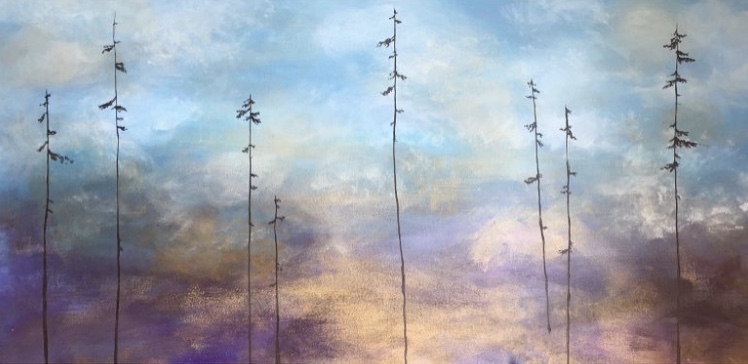After reading the full 94 Calls to Action, I could likely write a lengthy essay as a response. For this purpose, I will mostly respond to points concerning children and education. I noticed that many of the Calls were points that should not need to be said, and should be automatically be true for anyone. For example: the first point that neglect and abuse situations involving Indigenous children should be investigated, or that missing and murdered Indigenous women should have full investigations. These rights certainly should not need to be demanded, and either should effective education.
As a future educator, I am always thinking about how to best serve every child that I will come in contact with. These Calls to Action did open my mind to the fact that I can only do so much; there is onus on the governments to help as well. I can incorporate language, history and culture into many subjects, but it will be made richer by extra funding for school trips and culturally relevant buildings at school sites. One call is for a high-level government position that creates and monitors the effects of Indigenous content in the K-12 system. This is necessary for educators who are not well phrased in Indigenous culture; they will need support to know where to begin, and how to be genuine in their teachings. Another Call is for Indigenous people to be enabled to reclaim their proper names. There is great power in a person’s name, and the “re-normalization” of Indigenous names should bring pride to students in a classroom, especially when done at a young age.
Many of the points are directed at post-secondary education’s inclusion of Indigenous understanding for people in privileged positions, for example: healthcare workers, social workers, lawyers, and educators. Right now this change is clumsy and awkward, especially because most of us adults did not obtain effective Indigenous education in our K-12 career. However, if these Calls to Action are implemented well in the years to come, our young students will leave high school with a great foundation of understanding, and therefore will fare much better into post-secondary education regarding Indigenous peoples and relations. I would even expect the learning at that point in time to be more vast and in-depth, given the pre-knowledge they will arrive with. This all will amount to a great change in our country overall; people will understand and appreciate each other better. With understanding and representation in leadership roles, things can only continue to get better. Hopefully these Calls to Action will be served, and I am committed to fulfilling what I can.
